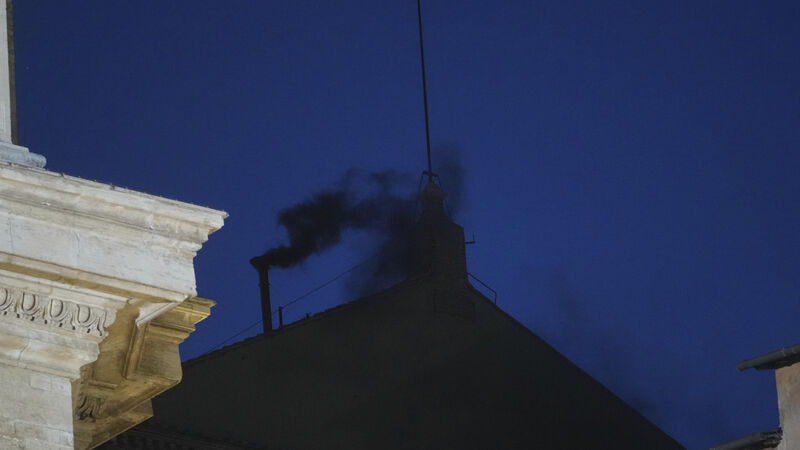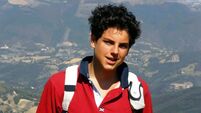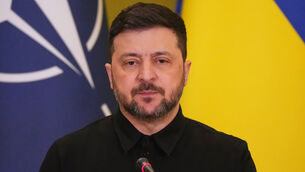Black smoke emerges at Vatican as conclave fails to elect pope on first vote

Black smoke billows from the chimney of the Sistine Chapel this evening. Picture: AP Photo/Alessandra Tarantino
The wait for a new pope goes on after black smoke rose from the Sistine Chapel following the first secret vote as the papal conclave began.
A group of 133 cardinal electors began their behind-closed-doors meeting on Wednesday afternoon.














